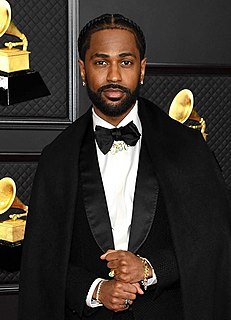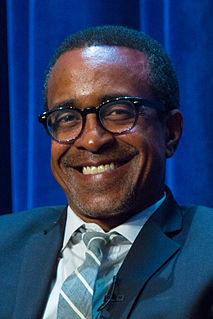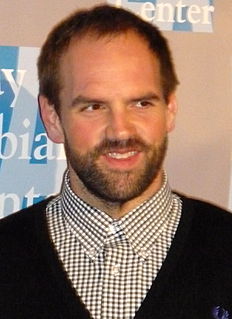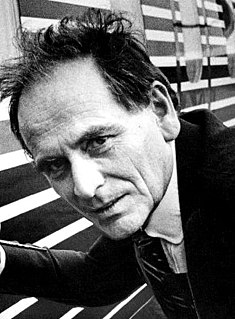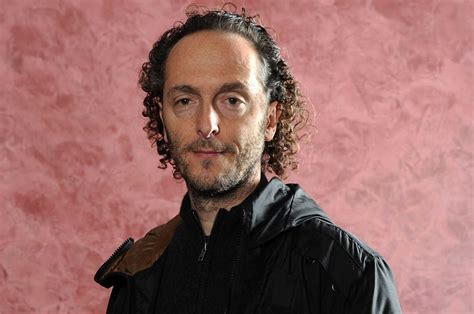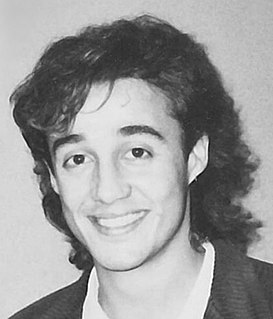A Quote by Will Forte
I think the advantage we had with "MacGruber" is the speed we had to put it together. We had a such a short period to write the movie and such a post-[production] period, it was almost like the way that the show worked, where everything is happening so fast you have to go with your gut.
Related Quotes
To evoke the classic period of Italian cinema in a little film seemed like a great, fun thing to do. I had relations to that period. I had known Fellini and I had known Antonioni. I had made a movie with Antonioni and I had visited Fellini in his studios. So, it seemed like something worthwhile doing. You bring yourself to that mythical cinema.
Every generation thinks things are happening that have never happened before. Every generation of people thinks we're in the last days. Every generation's filled with pessimists. But when you have the Millennials generation, a majority of which have never had a job - you might even be able to put the period there: "Have never had a job, period" - or never had a job in a healthy economy.
I went through a very hairy period. I had a movie where I was going to play Walt Whitman that fell through. At the time, I had grown this huge beard and very long hair. But then, the movie got canceled, I had some other parts, and I currently have very short hair. So, when I look in the mirror, I don't know who I am exactly. It's interesting.
I think about the period of, like, the '70s and early '80s where nobody had money to make big movies and there was no CGI or anything like that and people had to get super creative. And then, you know, when you've got somebody who can paint you any picture on a computer and you get hundreds of millions of dollars to make a movie, its almost like the creativity diminishes somewhat.
She always had a headache, or it was too hot, always, or she pretended to be asleep, or she had her period again, her period, always her period. So much so that Dr. Urbino had dared to say in class, only for the relief of unburdening himself without confession, that after ten years of marriage women had their periods as often as threes times a week.
Nothing seems to matter quite as much. I no longer think about death in the concentrated way I once did. I don't know? you get so old and you sort of give up in some way. You've had your period of angst, your period of religious desperation, and you've arrived at a philosophical position where you don't need, or you can't bear, to look at it.
I really like the interplay between thinking of text as ephemeral and thinking of it as a concrete, physical thing. With almost anything that I write, I'll stay completely immersed in the electronic text of it for a period of time and in another period, I'll stay immersed in it as a physical thing that can cut your skin. So with the apocalypses, I had them taped all over the wall and they had codes on them. Sometimes I would color code them in terms of thematic elements, sometimes in terms of voice, sometimes visual forms or images.
I was living in a terrible time when people were being accused of being communists, and they attacked the movie industry, especially the writers. People couldn't work if they were on the blacklist. The studios banned them. It was the most onerous period in movie history. I don't think we have ever had a period so dark as that.




